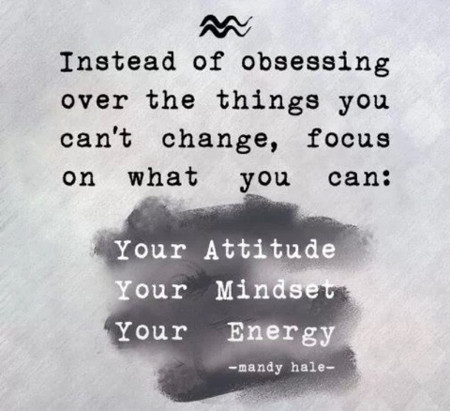

They suggest thinking of Edgar Allen Poe and his RAVEN: Am I using a verb or a noun here? Is a person actively doing something, or is this about the result of the situation?Ī helpful hint comes from. If you are debating on which word to use, consider the context of the sentence.
Technology has had a profound effect on our society. The effect of studying more was better grades for Shelly. The effect of the regulation was safer work environments. She dyed her hair and the effect was that it became coarse. The tornado had a terrible effect on the town’s infrastructure. Use effect if you are describing the result of a change, or the outcome an action or event. His grades were negatively affected by skipping class. Will this failure affect my confidence?. The positive reinforcement affected her mood. The fire affected the quality in the air. When to use “affect”Īffect means to produce a change in someone or something. Effect is most often used as a noun, meaning the result or outcome of an actionįor example: If an event affects your life, you will feel the event’s effect. Affect is most often used as a verb, meaning to have an influence on something or someone. A verb is used to describe an action, state or occurrence. A noun identifies people, places or things (common noun), or names a particular person, place or thing (proper noun). The word “affect” is most often used as a verb, while “effect” is most often used as a noun. Words like to, too and two, or there, their and they’re, can confuse many writers.įor this lesson in grammar, let’s focus on the difference between affect and effect. Some words sound the same but have completely different meanings depending on how they are spelled and used in a sentence.





 0 kommentar(er)
0 kommentar(er)
